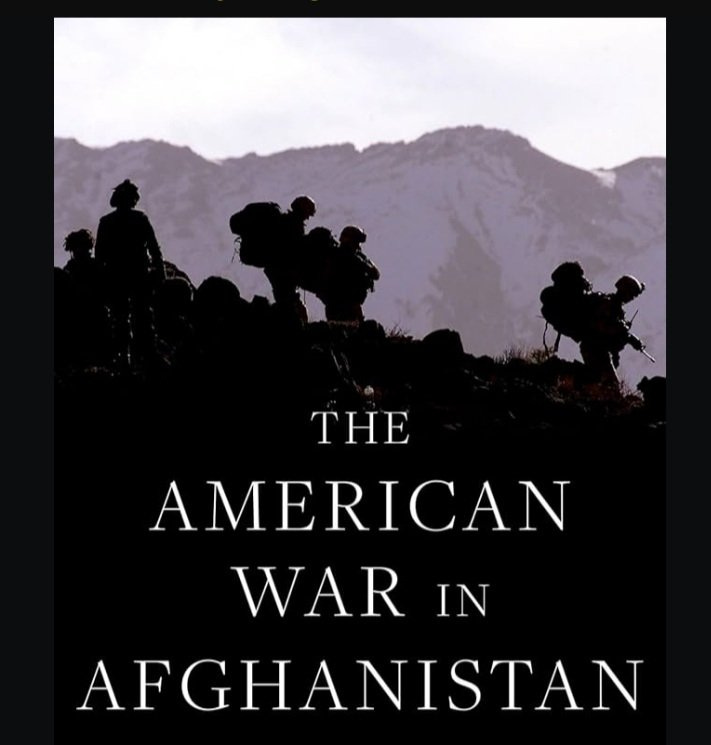as part of the National Security Archive released documents
PREAMBLE
One of the epic foreign policy disasters Jimmy Carter faced was the Soviet invasion of Afghanistan on Christmas day 1979. The Soviet move shocked the world, but the U.S. administration came under especially heavy criticism from the right because of accusations that its soft treatment of the USSR and foreign policy weakness in general had opened the door for what many saw as naked Soviet aggression.
The invasion was closely connected to what was arguably the administration’s most profound political crisis (combining both foreign and domestic elements) – the seizure of the U.S. Embassy in Tehran, Iran, Afghanistan’s neighbor, which had occurred less than two months before. Thus, this important SCC meeting was convened to cover both subjects.
The first part deals with the impact of the hostage saga – specifically the question of oil prices, the likelihood that American captives would be put on trial in Iran, and the fascinating conclusion of the group that neither U.N. sanctions being contemplated nor even a total embargo would “be a major economic blow to Iran.”
The second part of the discussion relates to Afghanistan, most significantly the decision to provide covert assistance to Afghan rebel forces opposing the invasion. Against the backdrop of the Iran crisis, there is concern about the safety of American personnel still in Afghanistan. Reflecting both his foreign policy inclinations and his awareness of the political dimension of the situation, Brzezinski, a hardliner within the White House, urges “that we must make this costly for the Soviets very quickly. Within three days we will see growing criticism of the U.S. for doing nothing and being afraid to act.”
The discussion ends with the quixotic expression of hope that the invasion might help resolve the Iran crisis.
Of particular interest, the SCC summary includes an attachment – a Presidential Finding signed by Carter, authorizing “lethal military” aid to “the Afghan opponents of the Soviet intervention.”
This is a key piece of the ongoing historical question about the nature and extent of support the Carter administration provided to the Afghan rebels.
A Finding is a legal document required by statute to signify presidential authorization for any CIA covert operation beyond intelligence collection. It is unusual for such a sensitive record to be declassified.
Source:
Jimmy Carter Library, NLC-07-230, Dec 28, 1979.
The original documents on Afghanistan HERE.
BACKGROUND
The National Security Archive announced the publication of a major primary document collection on the presidency of Jimmy Carter.
The latest in the Archive’s award-winning Digital National Security Archive series, U.S. Foreign Policy in the Carter Years, 1977-1981: Highest-Level Memos to the President comprises more than 2,500 communications and top-level policy-making records that Carter personally viewed and, in many cases, commented on directly.
The collection features every declassified weekly memo to the president from his most senior foreign policy aides, National Security Advisor Zbigniew Brzezinski and Secretaries of State Cyrus Vance and Edmund Muskie; as well as every available meeting record of the National Security Council and its two subgroups—the Policy Review Committee and the Special Coordination Committee.
The records of Brzezinski, Vance, and Muskie (and sometimes Acting Secretary Warren Christopher) constitute a unique subset of documents that were sent directly and regularly to the president by his closest foreign policy advisers and were intended for the president’s eyes only.
The NSC meeting records are included because they comprise another highly restricted avenue for decision-making utilized by Carter. Of special interest to readers, many of the records have the president’s own handwritten annotations, which show his unfiltered thoughts and reactions to events, policy options, and opinions floated by his top advisers.
Topics cover the gamut of foreign policy issues during this pivotal period, notably the conflict in the Middle East, the Iran hostage crisis, the Soviet invasion of Afghanistan, SALT talks with Moscow, the opening of diplomatic relations with China, the Nicaraguan revolution, energy, and a growing emphasis, championed by Carter, on global human rights in U.S. foreign policymaking.
Highlights from the collection posted on this issue shall be:
A copy of the original Presidential Finding, signed by Carter, authorizing covert action in the form of “lethal military” aid to “the Afghan opponents of the Soviet intervention.”
The retrievable documents on Afghanistan HERE.
OR



